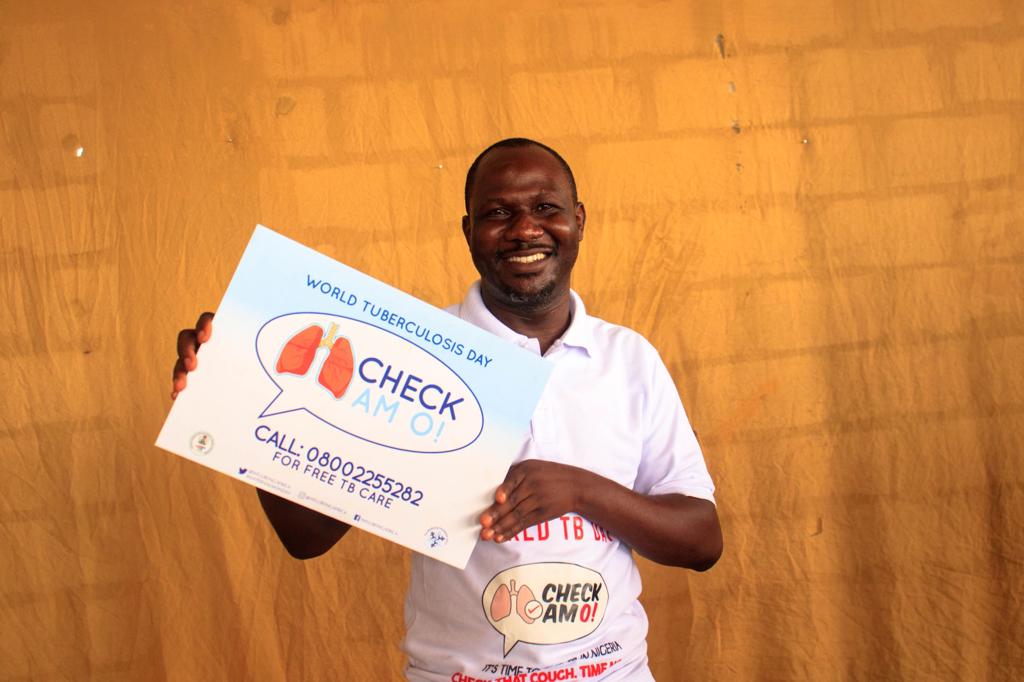Categories
Every day, nearly 4000 people lose their lives around the world to Tuberculosis. That’s over 160 people an hour and at least 2 people every minute.
The clock is ticking and the priority remains to accelerate preventative action globally, to address health risks and social determinants of the disease nationally, and to further promote access to #UHC at the subnational and local levels to end TB.
According to the World Health Organisation’s 2020 Global TB Report, in 2019, 440,000 people fell ill with TB in Nigeria and 155,000 avoidable death certificates were attributed to this deadly disease. As at 2019, TB treatment coverage stood at 27% – a far cry from the 2025 target of 90% operational target to end TB; although promising, the treatment success rate was 87%.
People can and do recover – but, we must do more and do better to detect, prevent, treat and support our communities.
My Wellbeing Foundation Africa team works daily to improve RMNCAH+N – alongside prevention, detection, treatment, and support which provides the pathway to achieving the vision of ending Tuberculosis by the year 2030. Last year, through collaborating with Nigeria’s National Tuberculosis and Leprosy Control Program (NTBLCP), we visited health facilities and communities in the FCT and Nassarawa state, to health and care workers at the front of the frontline fight against the disease.
During a lecture regarding the spread of TB in Nigeria led by our WBFA Abuja Mission Lead Dr Otun Adewale, Dr. Ogedengbe Babatunde, Provost Divine Jubilation College of Health Technology for Masaka, Nasarawa State shared, “it is sad to learn that Nigeria is being hit the worst in Africa and 5th in the world when it comes to TB. It’s even harder to hear that the largest impact is attributed to children, women of reproductive age and people living with HIV.”

His conclusions further emphasise the need for targeted educational efforts, and empowerment of people – before they become patients.
I commend every effort made by my own foundation’s frontline staff, and our global health heroes, and will continue to call for whole-system support for professionals and patients alike. We must continue to focus our progress in the direction of uplifting frontline morale, devising authentic and targeted approaches taken to maintaining their own health and wellbeing at the most localised level. We can do this by ensuring that equipment and PPE are made available and investments and donations are made in the direction of training and continued up-skilling.
A further and key component in addition to increased donorship is that the actualisation of Universal Health coverage and health security are closely interlinked. Dr Tedros Adhanom Ghebreyesus, Director-General of the WHO, refers to Universal Health Coverage as a “political choice, and that it is the responsibility of every country and national government to pursue it.” In Nigeria and in many other countries, he is also right to point out that health security and universal health coverage are closely interlinked.
Public campaigns and mobilisation must seek to educate all individuals and raise awareness, so that early detection and prevention are possible. While resources may be scarce, innovative and strategic management is key to overcome structural hurdles.
These are the practical steps we can take as the clock turns. Together, and even in the mammoth shadow of the Covid-19 pandemic, we can achieve zero TB-related deaths and save lives, before the clock runs out.
Wishing you a targeted and more progressive #WorldTBDay.
Categories